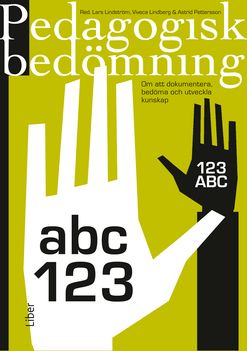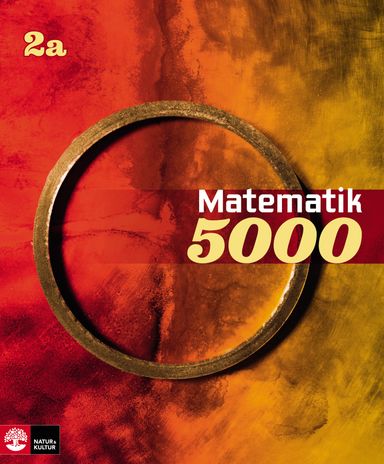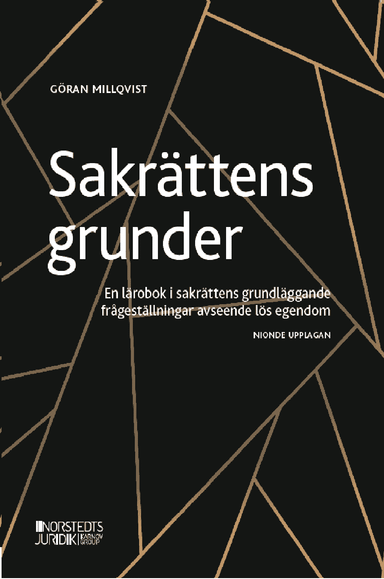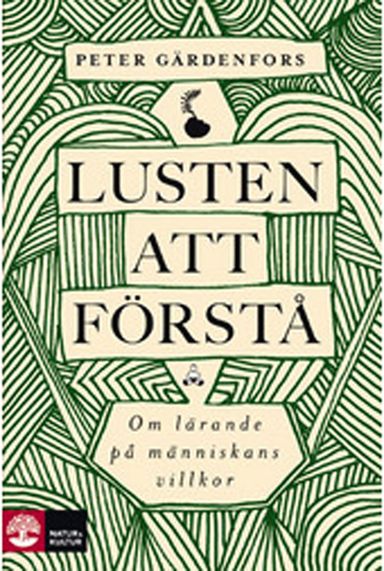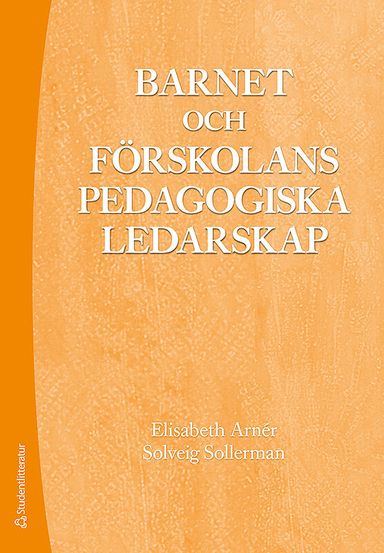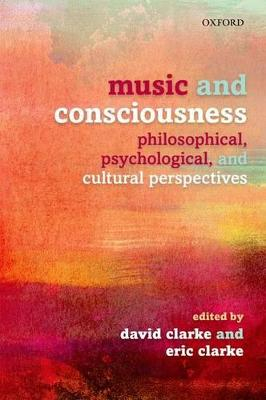

Music and Consciousness
- Utgiven: 2011
- ISBN: 9780199553792
- Sidor: 410 st
- Förlag: OUP Oxford
- Format: Häftad
- Språk: Engelska
Om boken
What is consciousness? Why and when do we have it? Where does it come from, and how does it relate to the lump of squishy grey matter in our heads, or to our material and social worlds? While neuroscientists, philosophers, psychologists, historians, and cultural theorists offer widely different perspectives on these fundamental questions concerning what it is like to be human, most agree that consciousness represents a 'hard problem'. The emergence of consciousness studies as a multidisciplinary discourse addressing these issues has often been associated with rapid advances in neuroscience-perhaps giving the impression that the arts and humanities have arrived late at the debating table. The longer historical view suggests otherwise, but it is probably true that music has been under-represented in accounts of consciousness. Music and Consciousness aims to redress the balance: its twenty essays offer a timely and multi-faceted contribution to consciousness studies, critically examining some of the existing debates and raising new questions. The collection makes it clear that to understand consciousness we need to do much more than just look at brains: studying music demonstrates that consciousness is as much to do with minds, bodies, culture, and history. Incorporating several chapters that move outside Western philosophical traditions, Music and Consciousness corrects any perception that the study of consciousness is a purely occidental preoccupation. And in addition to what it says about consciousness the volume also presents a distinctive and thought-provoking configuration of new writings about music.
Åtkomstkoder och digitalt tilläggsmaterial garanteras inte med begagnade böcker
Mer om Music and Consciousness (2011)
I juli 2011 släpptes boken Music and Consciousness skriven av David Clarke. Den är skriven på engelska och består av 410 sidor. Förlaget bakom boken är OUP Oxford.
Köp boken Music and Consciousness på Studentapan och spara pengar.
Referera till Music and Consciousness
Harvard
Clarke, D. (2011). Music and Consciousness. OUP Oxford.
Oxford
Clarke, David, Music and Consciousness (OUP Oxford, 2011).
APA
Clarke, D. (2011). Music and Consciousness. OUP Oxford.
Vancouver
Clarke D. Music and Consciousness. OUP Oxford; 2011.






